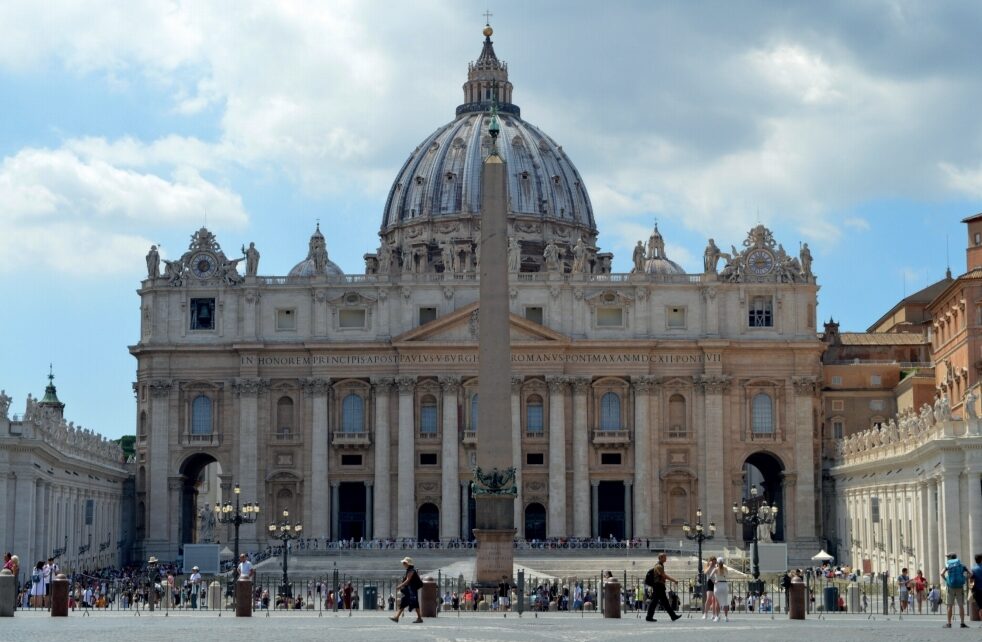
Pope Francis’ recent considerations to relax the 900-year-old celibacy laws for some South American Catholic clergy instigated the previous pope, Benedict XVI, to speak out against such a step.
A meeting of Catholic bishops, who discussed the future of the Church in the Amazon, presented a suggestion to allow older, married men in the Amazon to be ordained. Such permission would counteract the shortage of priests in the area.
Pope Francis will make a decision on the matter but the issue of relaxing celibacy, even in tight parameters, has stirred controversy.
Benedict XVI, the first pope to step down in centuries, said that allowing priesthood and marriage simultaneously did not seem possible and that he could not “remain silent” on the issue.
Celibacy is said to instil focus and spirituality towards the motive of attaining God and advancing in clergy work. The practice was not always present in the Catholic Church and was introduced in the 11th century, later being part of formal canon law in 1917.
Moral and philosophical arguments for and against celibacy have remained constant for centuries. However, Islam’s take is to be “celibate” from celibacy itself!
The Holy Prophetsa of Islam prohibited all such self-imposed so-called purities, whether from food, earning or marriage. He did not even allow one of his companions to fast every day, granting permission to fast only on alternate days throughout the year.
A famous saying of the Prophetsa is, “There is no celibacy in Islam”, and for the most part, all Muslim saints and mystics have been married and raised children. The philosophy of marrying and having children in Islam is to extend good to everyone – to live a life of spirituality, while also being present in the world around them.
Man has been endowed with abilities to do good and to rise in spirituality; traversing the journey alone defeats the purpose. A collective and very “staying-in-the-world” ideology needs to be practiced.
Besides, prohibiting celibacy caps immoral indecency and extinguishes an illicit and promiscuous society. History bears testimony to the obscenities and indecencies caused by celibacy.
Islam, after all, is a religion that is intertwined with human nature and conscience. It serves all the possible needs of mankind, whether spiritual or physical. The Holy Prophetsa married multiple times, while also setting an example in the realms of spirituality for all Muslims to follow. His work was immense, taxing and burdensome, but Allah the Almighty ensured that he married, had children and led a very collective life where he shared his abilities to the wider community.
The Rightly Guided Khulafara also followed suit and married, while leading the Islamic civilisation to wonderful heights. For all Muslims, faith leaders or not, marriage is an integral part of spiritual and moral development.
The Promised Imam Mahdi and Messiahas of our age also married and raised children who would go on to change the world. His Khulafa also married and have led millions to spiritual and worldly successes. Thus, Islam’s leaders have led through their own example by marrying while also excelling in their services for Islam.

